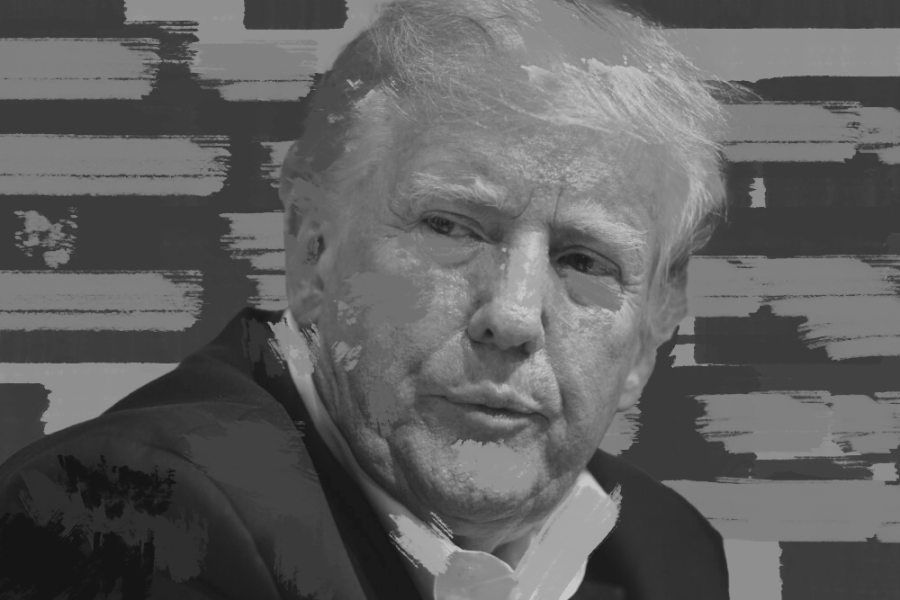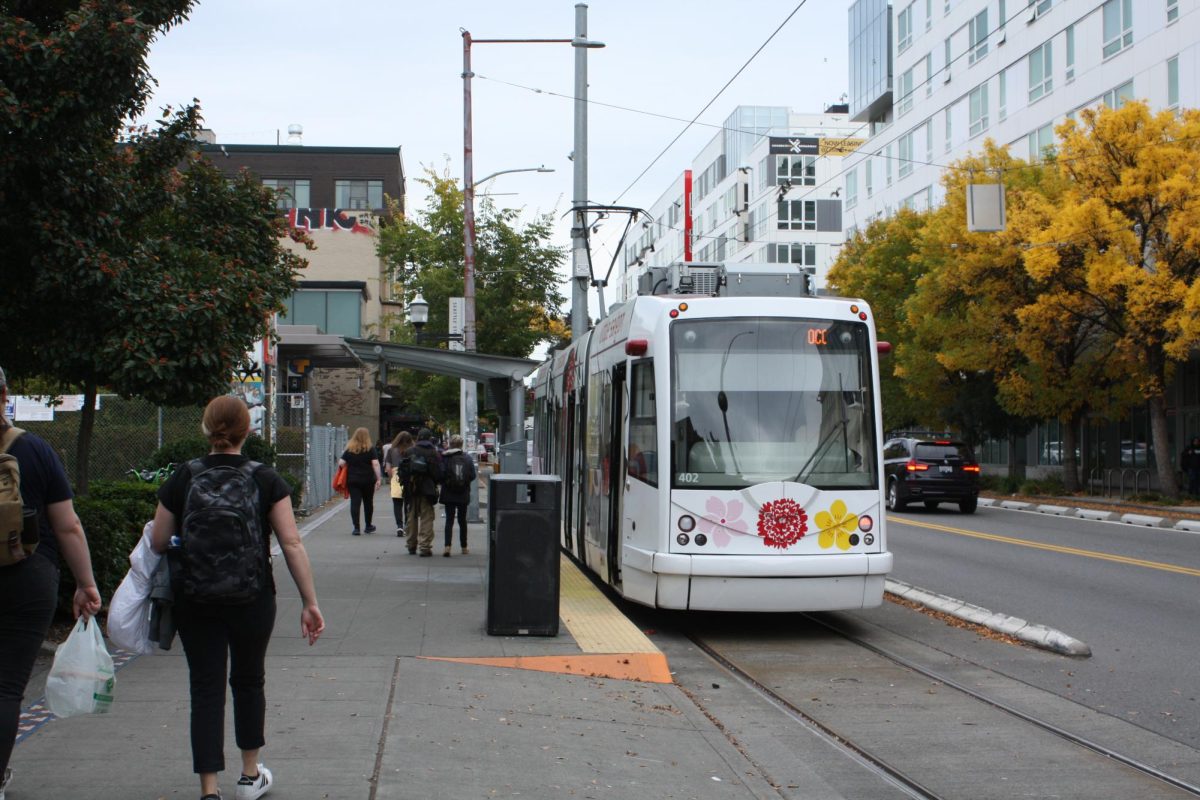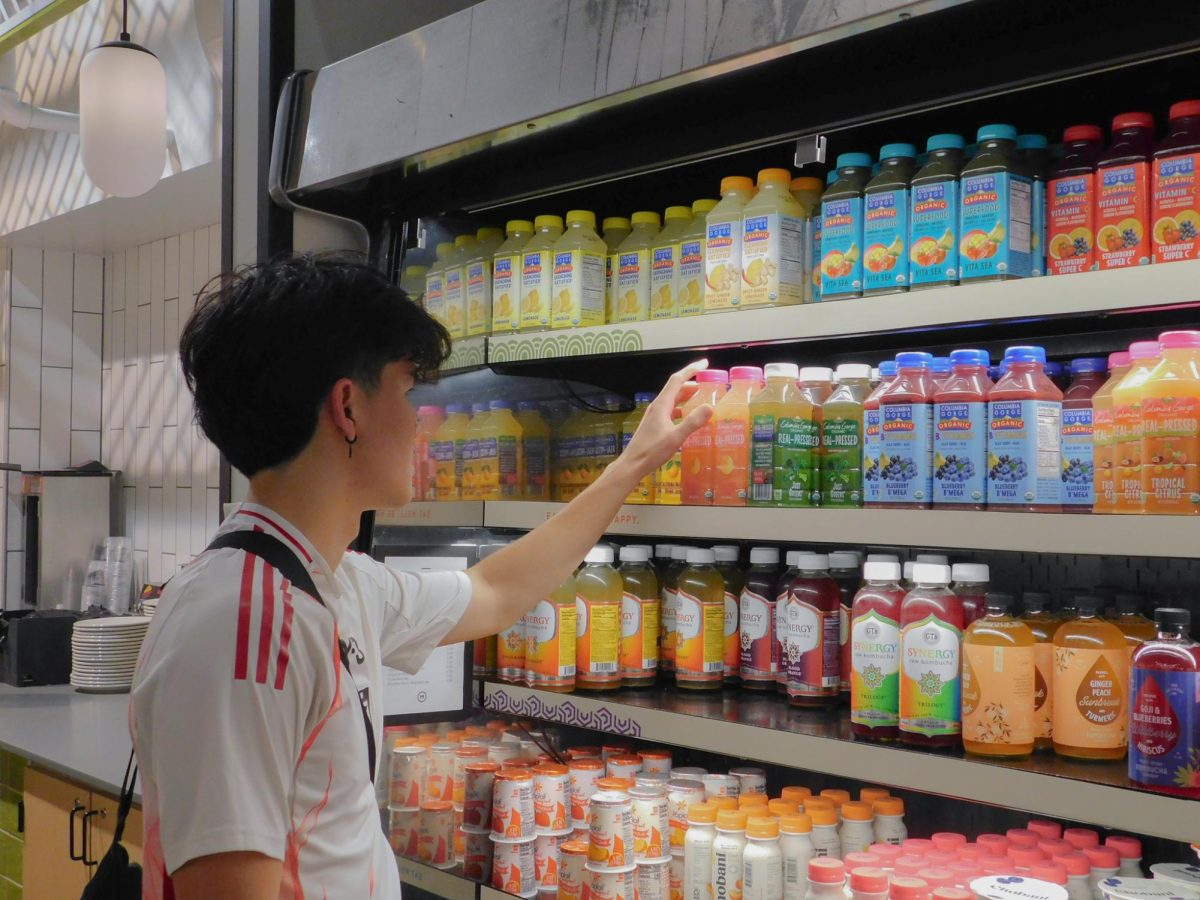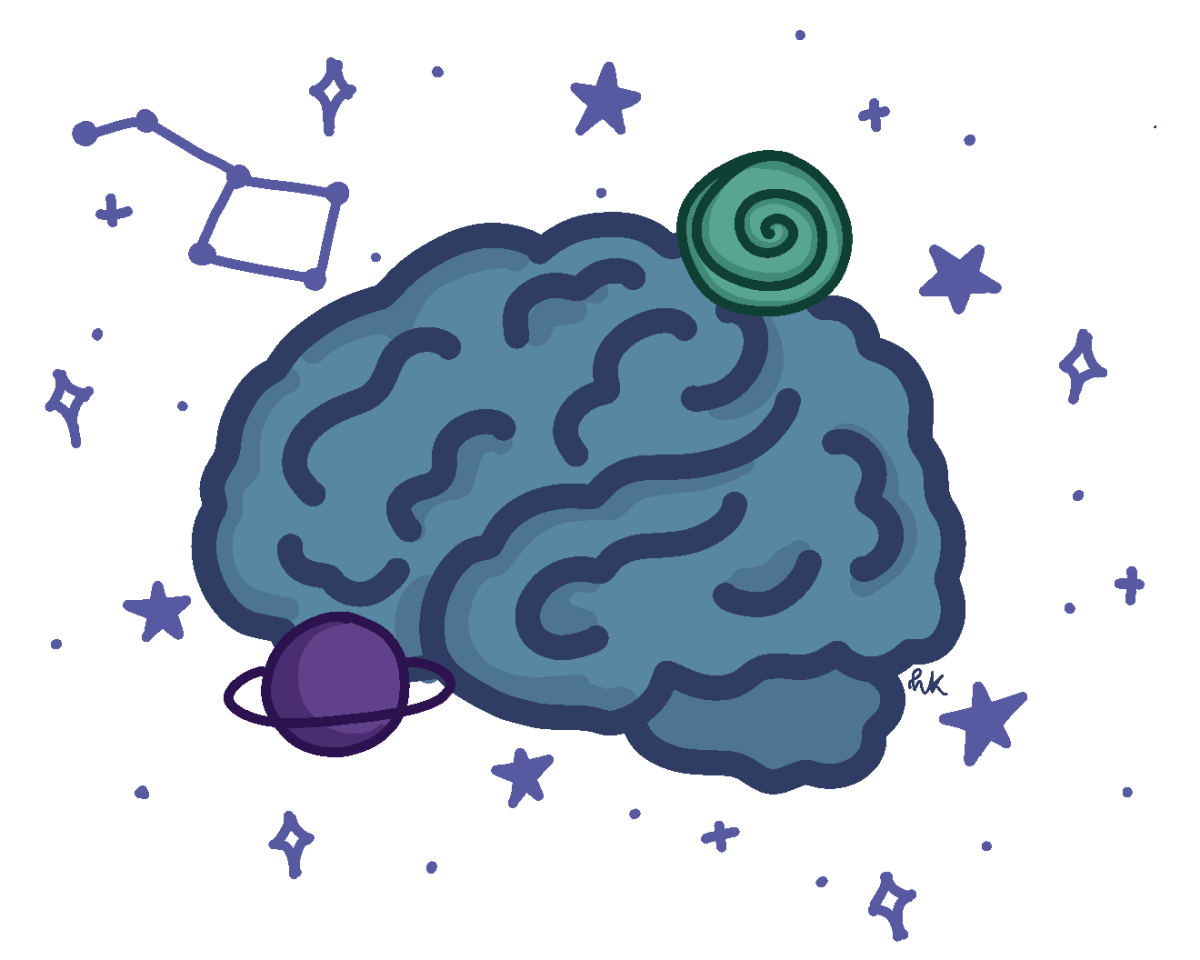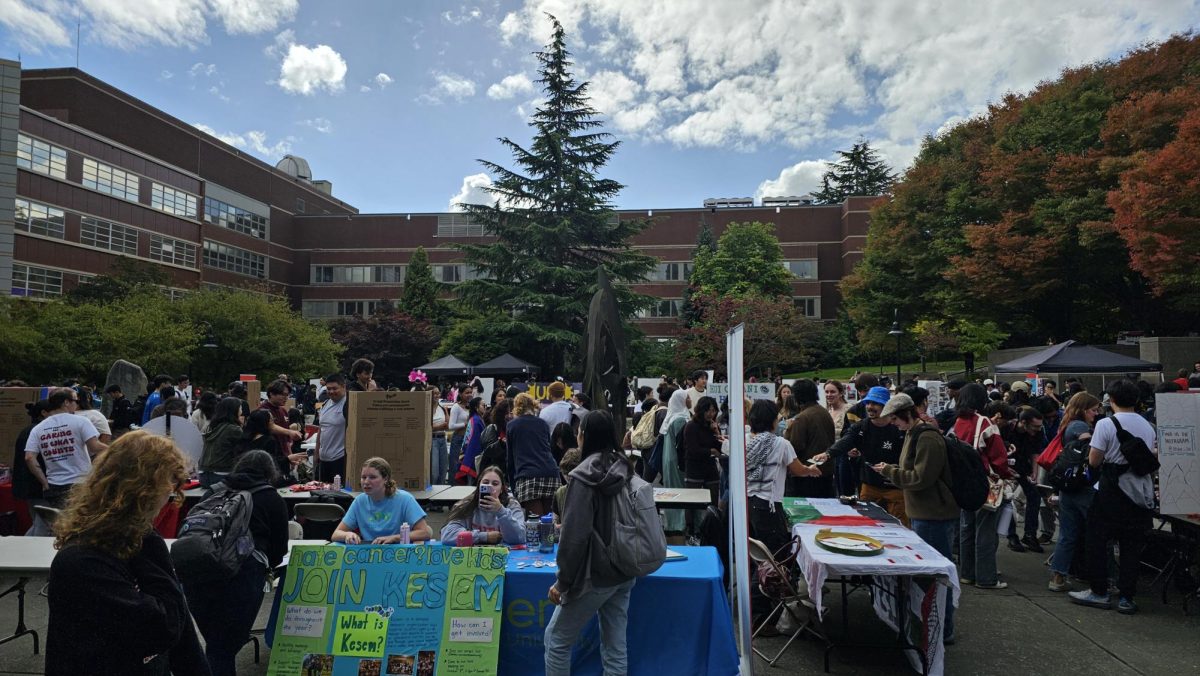Within the past year, four indictments have been filed against Donald Trump: two at the federal level and two at the state level. Prosecutors brought forward charges concerning implications of hush-money paid to Stormy Daniels in 2016 and the removal of classified national documents from the White House. Though most attention has gone to the former president’s alleged involvement with attempting to overturn the results of the 2020 election. Trump has pleaded not guilty to all 91 counts. Court dates for three of the four indictments have been set for the spring of 2024.
Legal ramifications aside, these indictments also come in the midst of Trump’s third presidential campaign. Though previous Spectator coverage captured a rather uncertain moment in the indictment process, the question of what prosecution means for the former president seems to have a largely positive answer. Throughout his arrests, Trump remains the projected frontrunner of the Republican party; despite his arraignments and indictments, donations to his funding committees have only spiked.
Associate Professor and Chair of the Communication and Media Department Caitlin Carlson analyzed how, despite otherwise negative press coverage, Trump has been able to frame himself positively to his voter base.
“He’s able to say to his base, ‘Look, the deep state is out to get me. I’m just an innocent victim in all of this.’ In this way, what we might see as negative press appears to his base simply as further proof of the (admittedly outlandish and unjustified) claims he’s making,” Carlson wrote to The Spectator.
Both voters and pundits have expressed frustration around the fact that despite Trump’s indictments, support from his base remains unchanged. Abby Fitzwater, a second-year international studies and Spanish double major, acknowledged a sense of exhaustion voters may feel in the face of federal politics.
“I do think it’s exhausting because there’s so much corruption in politics…the higher classes are the ones benefiting. Not even just for people in my generation, but my parents’, it’s exhausting to have to deal with because there isn’t any change because these lawmakers aren’t doing anything to change it,” Fitzwater said.
Trump’s relationship with mainstream media has been tempestuous since his 2016 presidential bid, in which he claims to have coined the term “fake news,” and the past year’s coverage of his indictment has further cemented that. As the process for the 2024 election ramps up, some pundits note that Trump has been “actively counter-programming” mainstream coverage. His absence from the first two Republican debates, aired by cable news network Fox, has been noted by many.
Despite this, Carlson noted that these actions are in line with what she described as Donald Trump’s mercurial reactions towards the media, and does not necessarily mark a departure from mainstream outlets.
“I think if any outlet, whether it is Fox or MSNBC was talking favorably about Trump, he’d praise their journalism skills, and if not, he’d label them ‘fake news,’” Carlson wrote.
Concerning the media’s relationship with Trump, Associate Teaching Professor and Faculty Advisor to the Political Science Club Patrick Shoettmer noted the former president’s ability to drive ratings and viewership for outlets.
“Trump understands how to manage the media better than the media understands how to manage Trump. Trump is able to use the media as an effective foil for appealing to his base while still maintaining a relationship with them because he knows they will always take his call,” Shoettmer wrote.
The impact of the indictment does not end with Trump’s own relationships, however. With candidate declarations and debates already in motion, voters must contend with the question of if and how their choices will change in light of the past developments.
Fitzwater feels that Trump’s policies and presidency influenced particularly young people’s relationship to politics.
“I think even before the indictment…[Trump] made a lot of politics recently more extreme. With the January 6th insurrection, with his policies and ideas, it changed the political climate of the country,” Fitzwater said. “It’s so important that we don’t let him back into office.”
Particularly for Seattle University’s undergraduate population, 2024 might be the first year that a large percentage of students are able to vote in a presidential election. Trump’s indictment is significant not only for his own base, but for all those who are newly interfacing with the current political landscape firsthand, will be determined in part by those on this campus.




